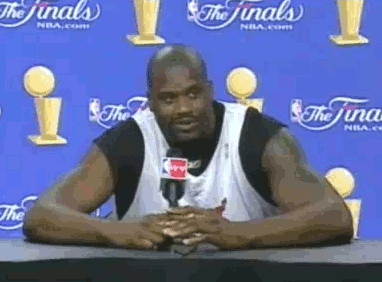My math was off, yes.

As for the GameStop, which people as usual are quick to jump on, it was an example.
Let's breakdown further what you pay for digitally, as others point out, a license. However, look a little bit more, you didn't actually buy anything. You have zero ownership of that license. In fact, Microsoft, Steam, Origin, PSN, etc.. can revoke the use of your license at any time for any reason. You're paying full price for a rental that gets returned when they want. Will they ever make due on that? Likely not, but it's a possiblity that looms regardless.
Now, back to my point of "return" of value on a physical game; you CAN sell it to GameStop or you can sell it on eBay, Craigslist, your friend, family member, etc.. the list goes on. The point I was making was, you have options as you own the item physically and therefore control it.
Giving in to ludicrous "buyback" is simply justifying the use and rental of full priced licenses when you the consume have the option (in most cases, in terms of bigger titles, indies I get) to actually OWN the game.
Simply put, allowing this program and using it will only make publishers and digital store fronts strong arm you into getting digital, they'll gladly lose 6 dollars if you're willing to spend another 60, in a heartbeat as we know the margin on digital is through the roof.

